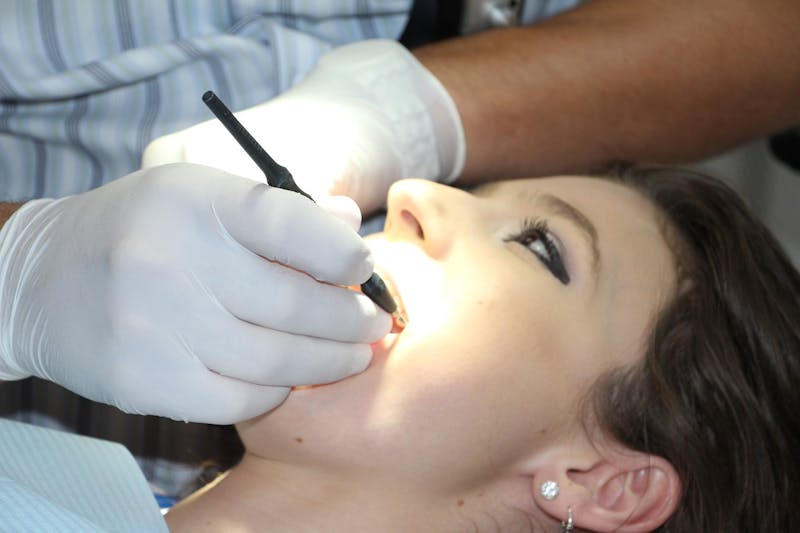Ask us about $1,000 Off Invisalign for the New Year!

There are few things quite as jarring as sudden sharp tooth pain. It could come out of nowhere. You could be eating or drinking and suddenly feel as though something is physically assaulting your nerve endings. Though the sensation may be sudden, it rarely occurs for no reason. The sooner you find out the reason for your unexpected tooth pain, the better the outcome will be for your oral health, as you will have a stronger time-frame to find a solution.
In order for individuals to better understand tooth sensitivity, it is vital to understand how the tooth’s anatomy works. Specifically, that there are three layers that comprise a single tooth. At the very center of the tooth is a pulp filled with nerves and blood vessels. The layer that covers this one is known as dentin, which is a soft tissue that is filled with tiny tubules that help transmit sensitive pressure or temperature changes to the pulp.
The third layer is known as the enamel. This layer completely envelops the crown, which is the visible part of the tooth. This enamel is the most protective and durable of the two layers, designed to protect the interior of the tooth. This layer plays a vital role in muffling sensation as well in order to prevent the tooth’s nerves from feeling overwhelmed. The categorization of the enamel stops at the gum line, and blow, the gums provide the shielding sensation to the dentin in the tooth roots.
Though this system of protection is often sufficient in keeping all types of damage at bay, sometimes all types of issues may occur. When the dentin located below the gum line becomes exposed, individuals may be susceptible to all types of periodontal, or gum, disease. This type of infection is bacterial in nature and is often caused when dental plaque triggers internal inflammation. This inflammation can cause tremendous damage over time as gum tissues weaken, detaching and shrinking back from the teeth. This ends up leaving the root vulnerable to all types of disease, and the exposure can lead to future discomfort as environmental sensations travel down to the nerves.
In addition to exposure, individuals may experience similar sensations as a result of tooth decay. Decay can often create conditions within the mouth that result in increased sensitivity. Tooth decay will begin with certain oral bacteria, and as they multiply they produce larger amounts of acid levels along enamel. In turn, this acid will dissolve the mineral content in the enamel, resulting in all types of cavities and holes, exposing the dentin. If it is left untreated, the infection will eventually invade deeper into the pulp, which puts the tooth in danger of structural damage. In these extreme situations, a root canal treatment will need to be performed in order to remove infection and seal it to prevent further infection.
Preventative measures are the most effective when it comes to reducing these types of issues. Often, sudden pain may be caused by the buildup of plaque or the wearing of gums. Practicing proper flossing and daily brushing can help bolster the body’s natural defenses. Rinsing with mouthwash is especially efficient, as the fluoride in mouthwash can help rebuild the enamel and make sure that it does not get worn down as frequently.
Individuals who are experiencing sudden pain or sensitivity symptoms should get in touch with the experts at Sinada Dental in Houston Texas at their earliest convenience. If caught early, they can save themselves a tremendous amount of pain and dental costs in the future. Our capable dental professionals can help isolate the issue and provide a long-term solution as soon as possible.
Back to Blog


